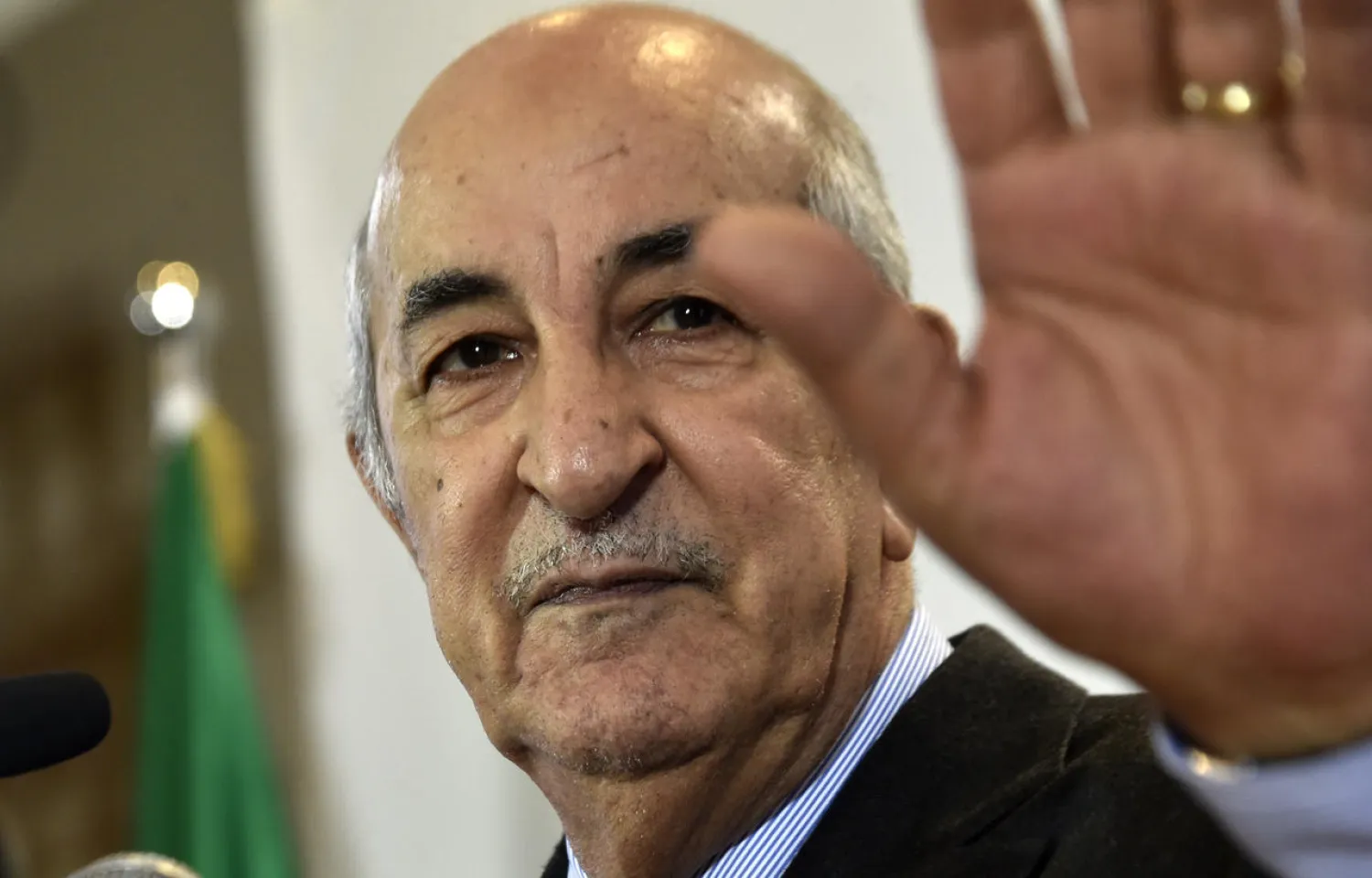Algeria’s 75-year-old President Abdelmadjid Tebboune is self-isolating because some officials in “upper ranks of the government” are sick with COVID-19, he said in a Tweet on Saturday.
Tebboune took office in December in an election that came amidst months of mass protests which forced his predecessor Abdelaziz Bouteflika from power after 20 years.
“I assure you, my brothers and sisters, that I am well and healthy and that I continue my work,” he said, saying his decision was taken on the advice of medical staff.
The global pandemic struck Algeria’s economy as it faced long-term challenges posed by the decline of the oil and gas revenues that finance its historically lavish state spending.
So far, Algeria has officially confirmed more than 55,000 cases of the coronavirus with nearly 2,000 deaths.
Though the pandemic forced an end to the weekly mass protest marches through Algiers and other cities that lasted for more than a year, the political challenges remain.
Tebboune has pushed for changes to Algeria’s referendum to limit presidential terms while expanding the powers of the parliament and judiciary.
However, many people in the leaderless protest movement believe their core goals of replacing the old ruling elite and forcing the army to stay out of politics remain unmet.
Algerians will vote in a referendum on the new constitution on Nov. 1, with Tebboune and the country’s powerful army generals seeking a high turnout in order to turn a page on the protests.









